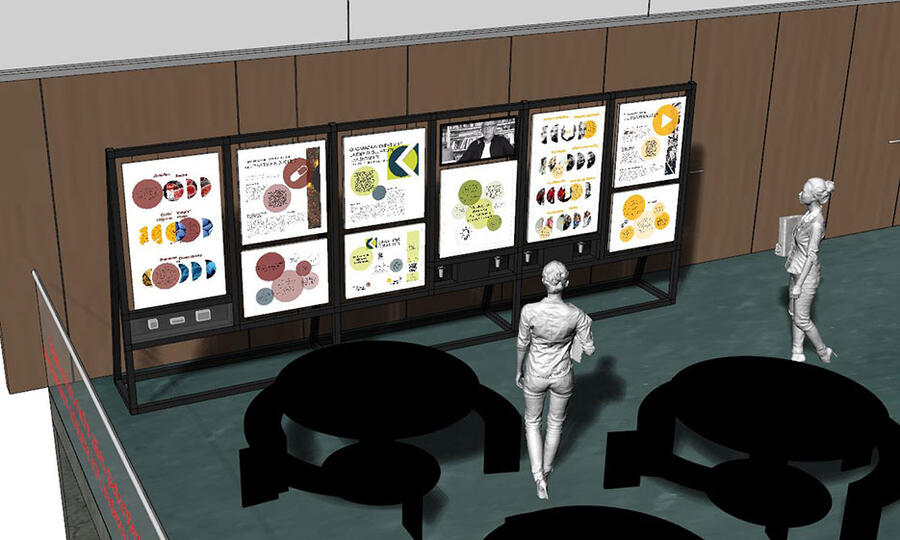Due to problems with the image rights, this station could not yet be implemented.
Intellectual Property Rights (IPR) refer to the legal protection of intellectual property, i.e. products that have been created through intellectual performance and are commercially exploitable. Intellectual property includes creative works, products, processes, inventions and services. Well-known intellectual property rights are, for example, patent law, copyright, trademark and trade secrets.
At first sight, the music and pharmaceutical industries have little in common, but they share one important aspect, especially financially: patents and copyright. Creativity is a social process and prerequisite for the creation of something new and valuable. With copyright, the creator gains the right to control the use of the work and to make money from it. In music, the question arises as to how far a remix or part of a piece may be reused; in the field of medicine, there is also an ethical aspect: Is it acceptable that people can no longer afford medication in order to the company being able to continue to exist?
The project is part of the multidisciplinary research project "Organized Creativity – Practices for Inducing and Dealing with Uncertainties", Department of Economics, FU Berlin. The task of the research group is a theoretical and empirical examination of regulatory uncertainties with regard to patents and copyright in the fields of pharmaceuticals and music.
DFG-Research Group
Katharina Zangerle, Leonard Dobusch Institute for Organisation and Learning (Faculty of Business and Management), University of Innsbruck, Sigrid Quack, University of Duisburg-Essen / Department of Economics of the FU Berlin
This micro exhibition is part of the 350th anniversary of the University of Innsbruck.
Implementation
Norbert Mitterer, Svenja Raabe, Benita Troppmair, Institute of Design (Faculty of Architecture)
